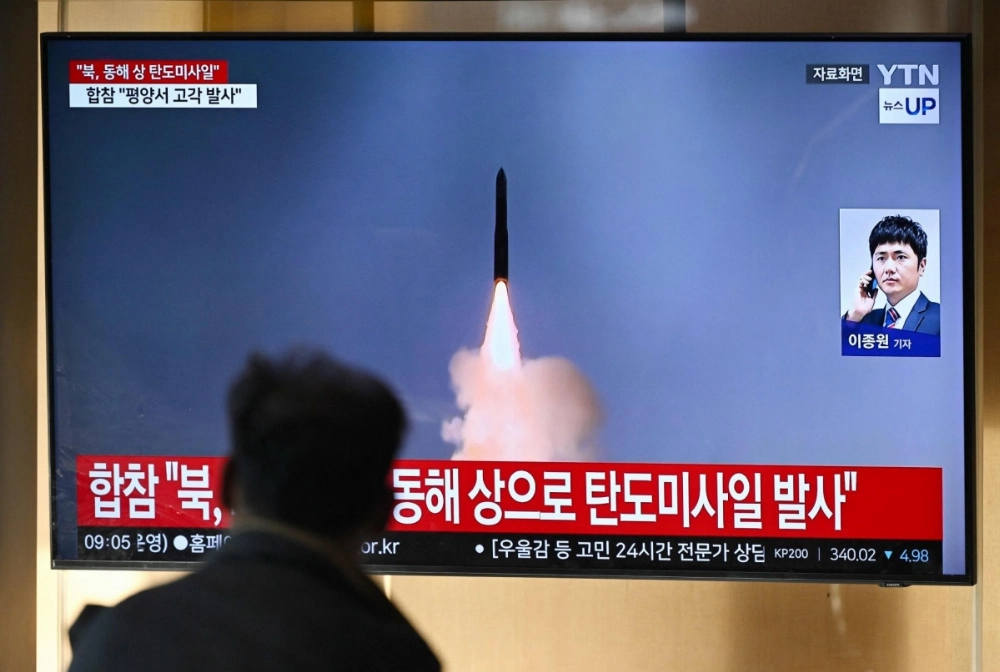North Korea fired off multiple short-range ballistic missiles on Tuesday, hours before U.S. voters headed to the polls in a hotly contested presidential election.
Japanese Defense Minister Gen Nakatani said the North had fired at least seven short-range missiles, with the weapons flying about 400 kilometers each before splashing down in waters outside Japan's exclusive economic zone.
Nakatani told reporters that the launch violates relevant U.N. Security Council resolutions, calling it a serious concern that threatens citizens' safety.

















With your current subscription plan you can comment on stories. However, before writing your first comment, please create a display name in the Profile section of your subscriber account page.